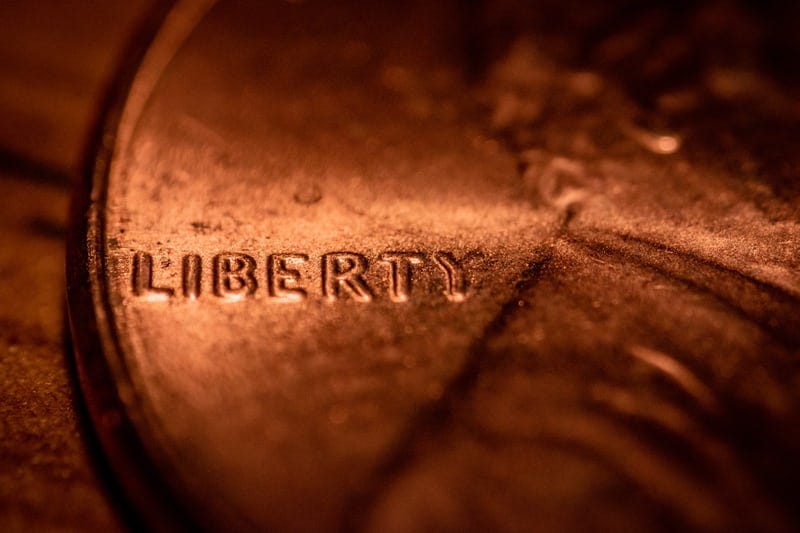Suppose you’re offered a bet based on a single coin flip: If it’s tails, you lose $100. Now, to make this gamble worthwhile, how much would you have to stand to gain if the coin were to come up heads?
Think about it for a few seconds.
According to studies of renowned behavioral scientists Daniel Kahneman and Amos Tversky, noted for their scholarship related to cognitive biases, most people would require at least $200 for a winning flip. But why? If the odds of winning or losing a coin toss are 50-50, why wouldn’t we accept the possibility of winning $101, or $150?
The answer is rooted in our tendency towards loss aversion and the prospect theory Kahneman and Tversky developed. Their research suggests that most people feel the sting of loss more intensely than the satisfaction of gain, so that they’d require the possibility of winning $200 to offset potentially losing $100.
So why wouldn’t we rationally accept a coin-flip wager where a loss would cost us $100 but a win would give us $101 or $150? In short, we hate losing more than we like winning. That is, it’s better to not lose $100 than to win $100.
This concept, called loss aversion, is an important psychological principle that skilled negotiators can use to their advantage. On the flip side (yes, a pun), if you’re not careful, loss aversion can cause us to fall for sunk cost and similar logical fallacies that lead to suboptimal decision-making.
The bias of loss aversion can impact our negotiations in various ways. For example, is it rational to refuse a negotiated offer – say, a dollar amount to settle a lawsuit – because, though not a bad deal, it is below your stated “bottom line” and you can’t bear taking a “loss”? Surely not. You might find it difficult to walk away from a lawsuit unless you receive an offer with a significantly higher expected value, even though your reluctance could mean making an illogical decision and leaving money on the table.
We hate to lose more than we like to win.
How would you feel about selling a stock or, say, your house, for less than what you paid, even if the proposed deal reflects current market conditions and an objectively reasonable offer? And have you ever noticed that it’s harder to give up a product or service after using it for a trial period? If so, your instinct to keep the product might be driven largely by your desire to avoid a loss.
Most every negotiation decision involves a trade-off: Each side has to give up something to get something else. Thus, the extent to which a proposal is framed as an avoidance of loss, or rather as a potential gain, can greatly influence how it is perceived and evaluated.











